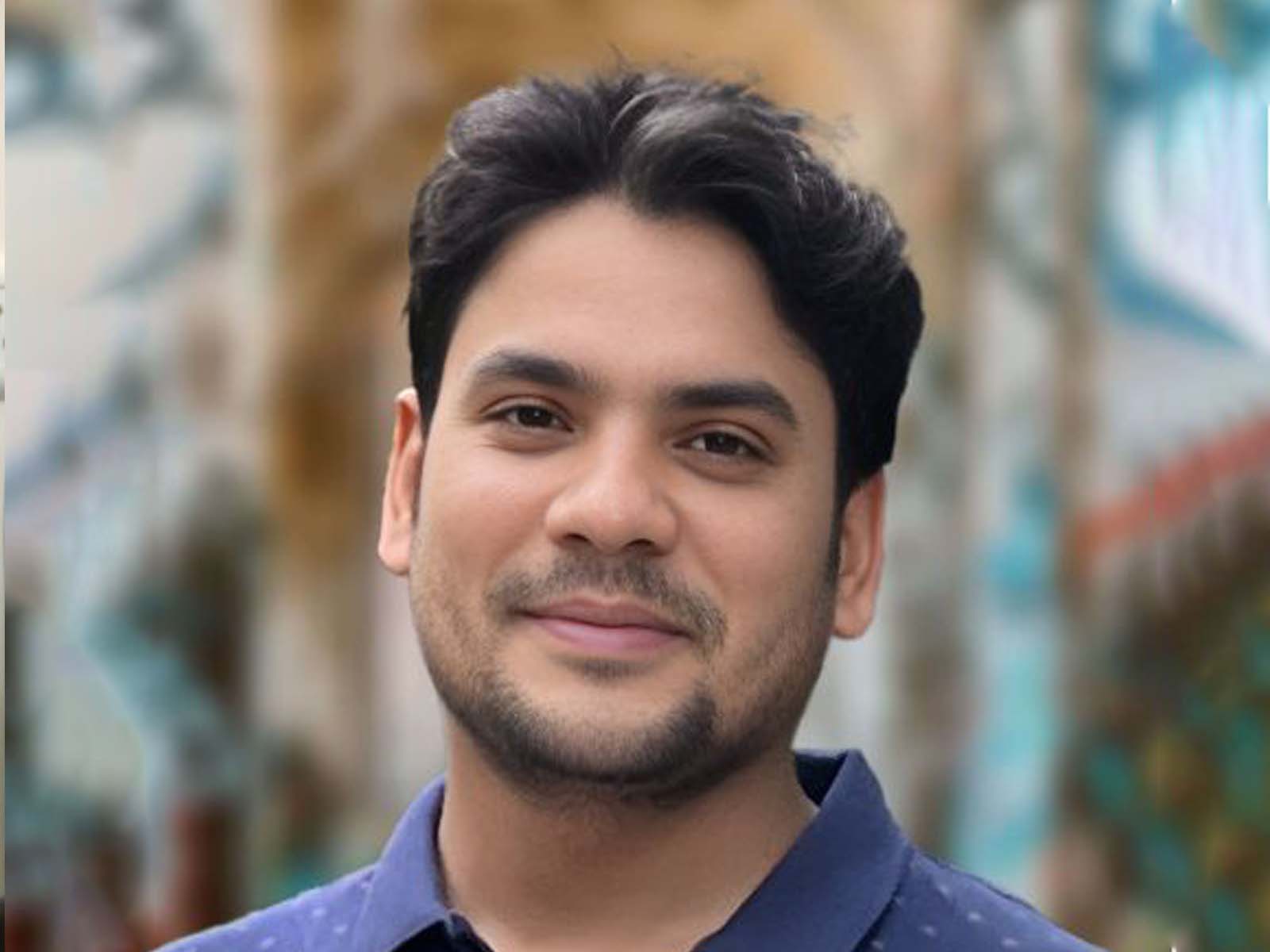Nawaz Sharif is Back
Nawaz Sharif, the former Prime Minister of Pakistan, is leaving no stone unturned in projecting himself as an ‘ideal’ Prime Ministerial candidate for the forthcoming General Elections scheduled for 08 February next year. He is rightly doing so because now it is clear that his return to Pakistan in October this year after a four-year self-imposed exile in London has the approval of the ‘establishment’—the army, intelligence and pro-military leaders.
Since he arrived in Pakistan, Nawaz Sharif, in his public and special meetings, has attempted to present his vision for Pakistan on the domestic and foreign policy front. Among his top domestic priorities is economic development focussing on monetary policy, fulfilling the International Monetary Fund (IMF) bailout conditions to obtain the approved USD 3 billion loan and bringing down electricity and food prices.
Umeed-e-Pakistan
Nawaz Sharif promises to bring back Pakistan’s lost glory by being the “Umeed-e-Pakistan”—the Hope of Pakistan. While he recounts his most outstanding economic achievements during his three terms, he has a personal challenge before he tastes the power again. Sharif blames Imran Khan for the false cases against him, forcing him to exile in London and jailing Sharif’s family members, including his daughter Maryam Nawaz.
Despite Nawaz Sharif’s promises of no vengeance against Imran Khan, his wounds seem to be deeper against the latter. Sharif’s subtle yet regular attacks against former Prime Minister Imran Khan exhibit that Sharif won’t let his suffering go in vain. At a recent Pakistan Muslim League (PML)-N and Parliamentary Board Members meeting, Nawaz Sharif promised to hold Imran Khan accountable for economic mishaps and for putting the people of Pakistan through dire poverty.
One-Sided Elections in 2024
The 08 February 2024 polls are likely to be one-sided, favouring Nawaz Sharif’s PML-N and its ally parties precisely because the ‘establishment’ has granted him legal and political immunity. Also, the absence of Imran Khan, who is lodged in Adiala Jail after being convicted in the Toshakhana Corruption Case and faces the court in another hundred-plus cases, gives an upper hand to Nawaz Sharif in the upcoming elections.
While Sharif’s return to Pakistan has the silent approval of the Pakistani army, his ambitions to become the Prime Minister of Pakistan for the fourth time and his strong advocacy for civilian supremacy by seeking a free hand in running the country may not go well with the army. Sharif’s past experiences with the army leadership, including a military coup in 1999 by General Parvez Musharraf, support Sharif’s concerns.
Even if the Pakistan Army disapproved of Nawaz Sharif’s subtle quest for a free hand, they had no choice but to compromise, considering it had no other face as experienced and popular as Nawaz Sharif. Also, repeated demands for accountability for conspirators against him and his family exhibit a more assertive Nawaz Sharif. He understands that current power dynamics suit him well, and had he made such a demand a few months ago, he could have posed a risk for his PML-N party and the ‘establishment’.
Signalling to Improve Ties with India
On the foreign policy front, Nawaz Sharif has taken a riskier and more daring stance by advocating improved ties with India. In his two crucial public and party engagements—the first one in Lahore on 23 October, where he addressed a rally of thousands of his supporters and a second address to the PML-N Parliamentary board members on 10 December, Nawaz Sharif has stressed the need to improve relations with New Delhi.
India certainly is a silver lining for Sharif as it was during his second term as the Prime Minister that Indian Prime Minister Atal Bihari Vajpayee went to Lahore, and in 2015—his third term that a newly elected Narendra Modi landed in Lahore. At the meeting, Sharif questioned whether anyone had visited Pakistan before them, signalling his intent to emphasize his leadership and diplomatic engagements.
Undoubtedly, Pakistan under Nawaz Sharif made efforts to improve ties with India. At the same time, it was during his leadership that his Army Chief Pervez Musharraf waged the Kargil War against India, where Pakistan lost miserably. Nawaz Sharif claims he was against the war, but Delhi remains skeptical. India has a pre-condition for Pakistan—ending cross-border terrorism before holding any talks.
India will Wait and Watch
Nawaz Sharif’s victory might bring some comfort in Delhi to reciprocate positive signals from Islamabad. Sharif brings some credibility to the office considering his past work with India, something his successors in office, especially Imran Khan, failed to achieve. On the other hand, India will have to wait and see if the new administration can actively and effectively act against the menace of terror, which is a pre-condition for New Delhi.
While Nawaz Sharif seeks to better ties with India, the establishment is reaching out to the United States. On 10 December, Army Chief General Asim Munir left for the US on an official trip, where he will be holding talks with the military and government officials. Pakistan hopes to get support from the United States during ongoing the economic crisis.
Mending Ties with the United States
While Sharif promises to engage with India and prioritize China as Pakistan’s ‘All Weather Friend’, the ‘establishment’, on the other hand, is attempting to re-energize ties with the United States. Conversely, the army is already reaching out to the United States amidst substantial economic, political, and security challenges confronting financially strained Pakistan. Munir is a crucial figure in Pakistani politics and holds significant influence, reflecting the military’s historical role in governing the nation.
Pakistan’s Inter-Services Public Relations statement underscored the importance of the visit, emphasizing Munir’s meetings with senior military and government officials in the United States. This aligns with a tradition of close collaboration between the United States and Pakistani army chiefs on various regional and security issues, including counter-militancy efforts and Afghanistan.
The strained relations between Washington and Islamabad during former Prime Minister Imran Khan’s tenure were attributed to suspicions about Pakistan harbouring Taliban militants. The situation seems to be evolving positively, but a thaw followed Khan’s removal from office, and Munir’s visit considerably builds on the recent improvement in ties.
At the same time, Islamabad and Kabul are engaged in a verbal spat over Pakistan’s decision to deport millions of Afghan refugees from Pakistan. Even though Pakistan faces global criticism for its harsh approach towards Afghan refugees, the United States might assist Pakistan monetarily and diplomatically to find some relief to the tensions. Also, military assistance from the United States will be a crucial part of Munir’s visit to the US.
Conclusion
After the Imran Khan episode turned into a sour experience for the ‘establishment’, the army is taking a safe bet with Nawaz Sharif, who, as an old bastion of Pakistani politics, offers a promising and trustworthy face to the military. Yet it will be crucial to see how Nawaz Sharif strikes a balance in civil-military relations given that he is making a comeback with his fourth term in office. At the same time, India might also want to chalk out a strategy to engage with Pakistan. Regarding Pakistan’s relations with the United States and China, Pakistan will continue to follow a balanced strategy to serve its national interest amidst Pakistan’s global isolation and economic difficulties.
(The paper is the author’s individual scholastic articulation. The author certifies that the article/paper is original in content, unpublished and it has not been submitted for publication/web upload elsewhere, and that the facts and figures quoted are duly referenced, as needed, and are believed to be correct). (The paper does not necessarily represent the organisational stance... More >>
Image Source: https://s.france24.com/media/display/54c6cbbe-0759-11e9-b1f1-005056a964fe/w:980/p:16x9/sharif_2.jpg










Post new comment